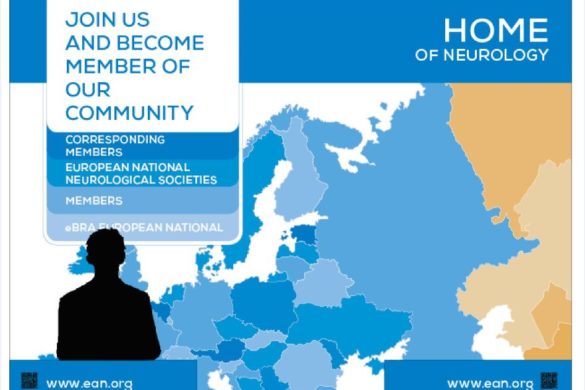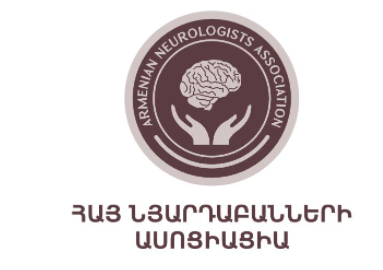by Isabella Colonna
The session ‘The relevance of gender and diversity in neurology: Why should I care’ took place in Room Budapest and was moderated by EAN Board Member, Prof. Elena Moro.
The first lecture ‘The impact of sex, gender and diversity in Long-Covid’ was presented by Dr. Maria Teresa Ferretti. In her talk, the lecturer focused on long-covid syndrome, which is characterised by symptoms such as fatigue and cognitive dysfunction (brain fog) occurring after acute Covid-19 infection and persisting at least two months. According to Ferretti, long-covid syndrome can be considered a good example for gender and precision medicine: it has been seen that long-covid symptoms are more common in females compared to males, probably because of the higher adaptive and innate immune responses in females, in addition to other biological and socio-cultural factors. Exploring the impact of sex and gender in the manifestations of long-covid can be very important in order to better understand the pathophysiology and optimise the management.
The second lecture, titled ‘Clinical trials and sex/gender balance: Still a long way to go?’ was held by Dr. Julie Novakova Martinkova. This lecture focused on the potential impact of sex and gender on clinical trials, which may influence endpoints, pharmacokinetics, adverse events and drug effectiveness. Nonetheless, there is a lack of information on sex differences in almost one third of routinely used pharmaceuticals. In recent years there was an increase in the percentage of papers reporting studies including both sexes, but only 8% of these papers analysed sex as a discovery variable. Women are still underrepresented in clinical trials and there is still lot to be done in order to improve the balance between sex and diversity in clinical studies.
The third lecture ‘Gender and Diversity: where are we with Health Care Policies in Europe?’ was presented by Prof. Matilde Leonardi. It has been reported that the antidiscriminatory EU law concerning access to healthcare is fragmentary and does not fully encompass all aspects of social diversity. The adoption of the 2030 Agenda for Sustainable Development reaffirmed the crucial role of human rights, gender equality and women’s empowerment in the achievement of all the targets of sustainable development goals on health and well-being. It is necessary to ensure that health systems contribute to promoting gender equity in the care services. In line with this, many international scientific institutions signed the Alba Declaration in 2021, with the aim of improving fairness, inclusivity and diversity in their research communities, by providing concrete guidelines for action.
In the last lecture Dr. Vanessa Carvalho discussed the need to include the study of sex/gender differences in educational programmes. Since sex and gender have an impact on access to health systems and on health care services, it is very important that the next generation of health providers and researchers are aware of sex/gender differences and are prepared to analyse and incorporate sex/gender variables into their own research. Some European universities have developed educational programmes for including gender differences in medicine; however, the majority of gender medicine courses are still elective and in most cases are not part of the core medical curriculum. There is no published data on the implementation of sex/gender or diversity educational programmes among neurology residents. Education in sex/gender and diversity represents a new challenge to improve personalised medicine and unbiased care for people with neurological disorders.










